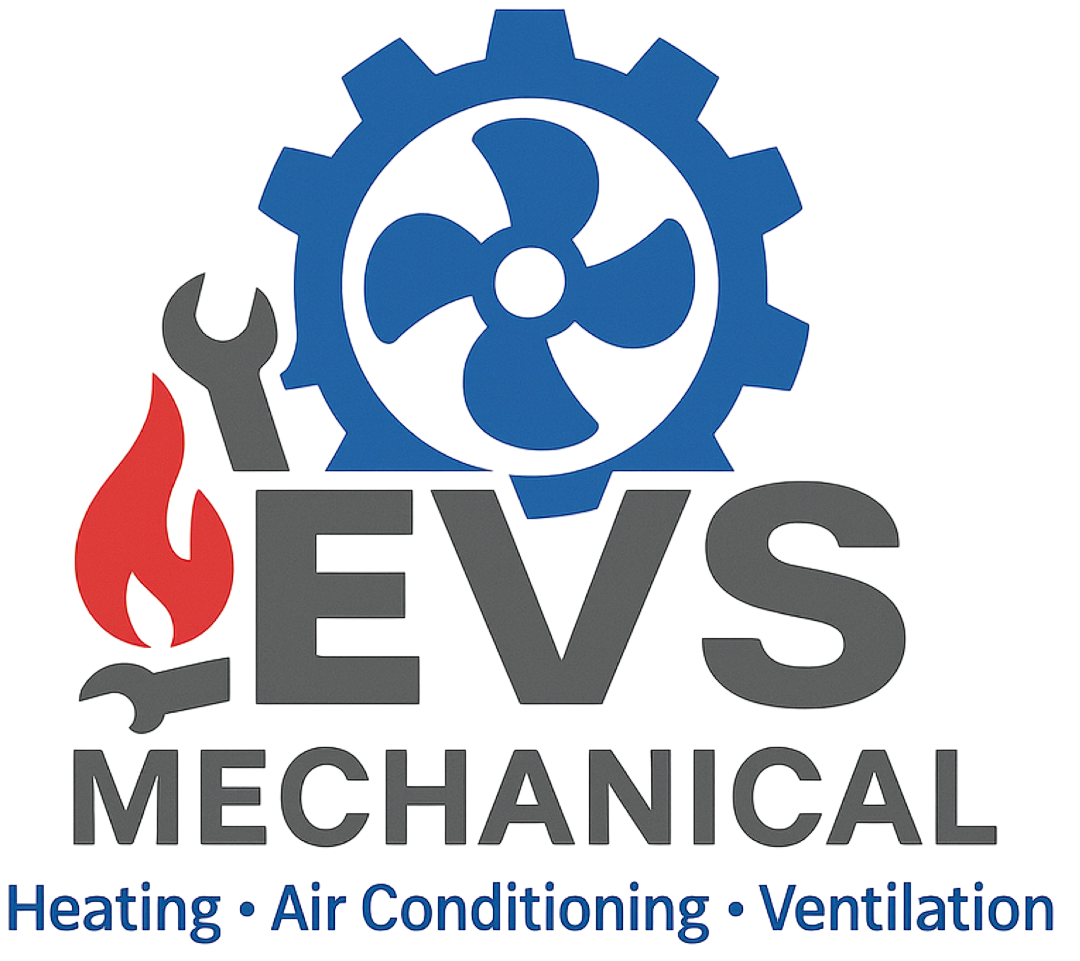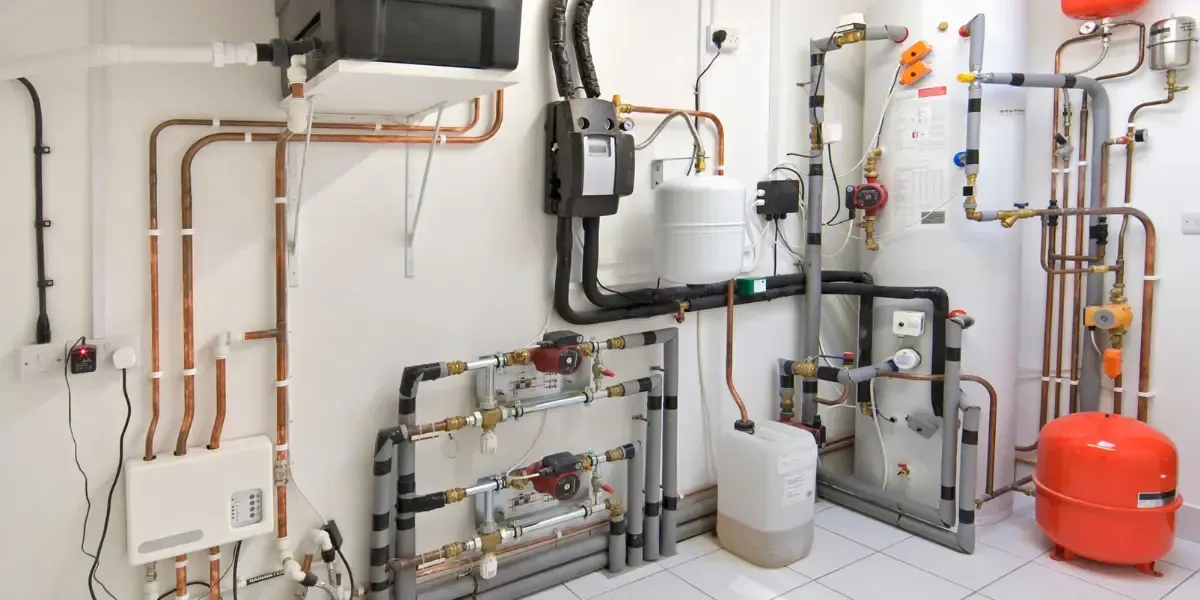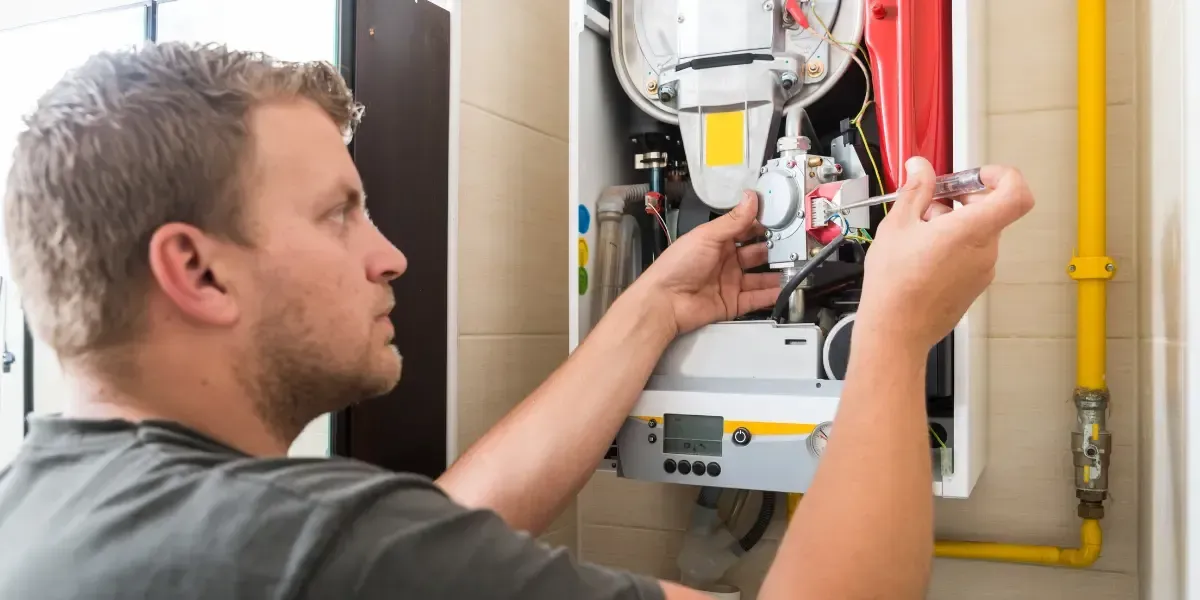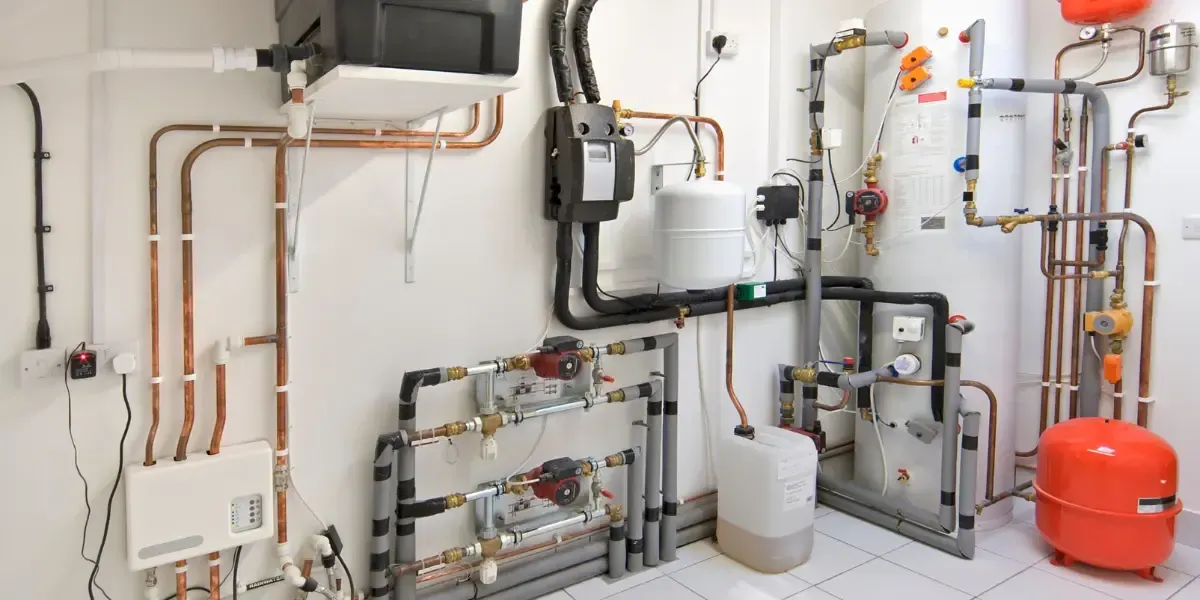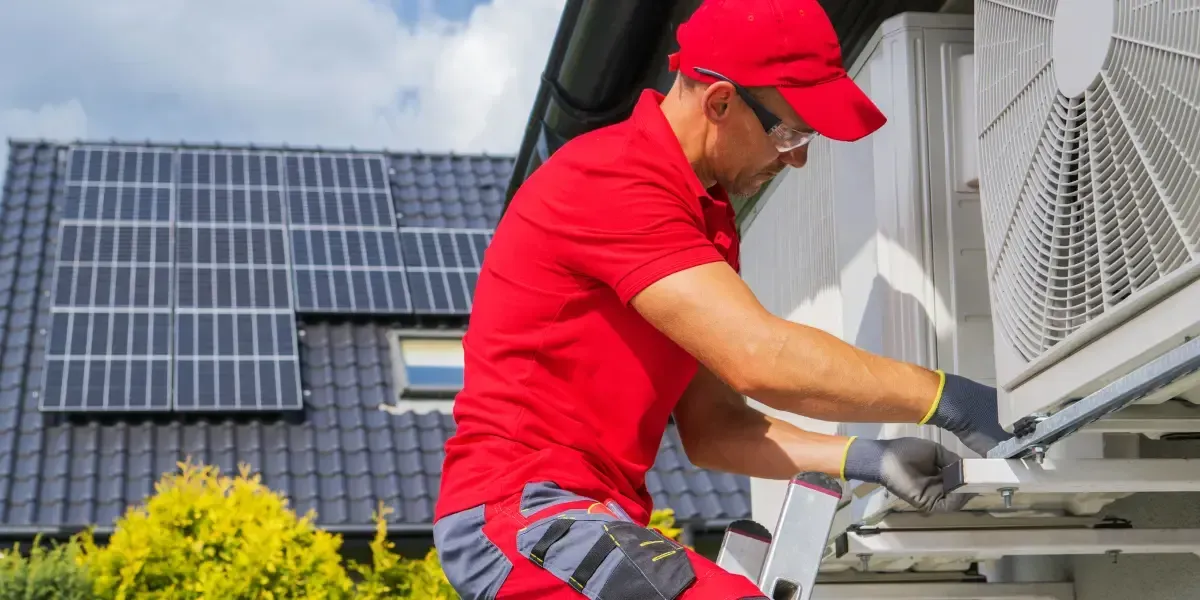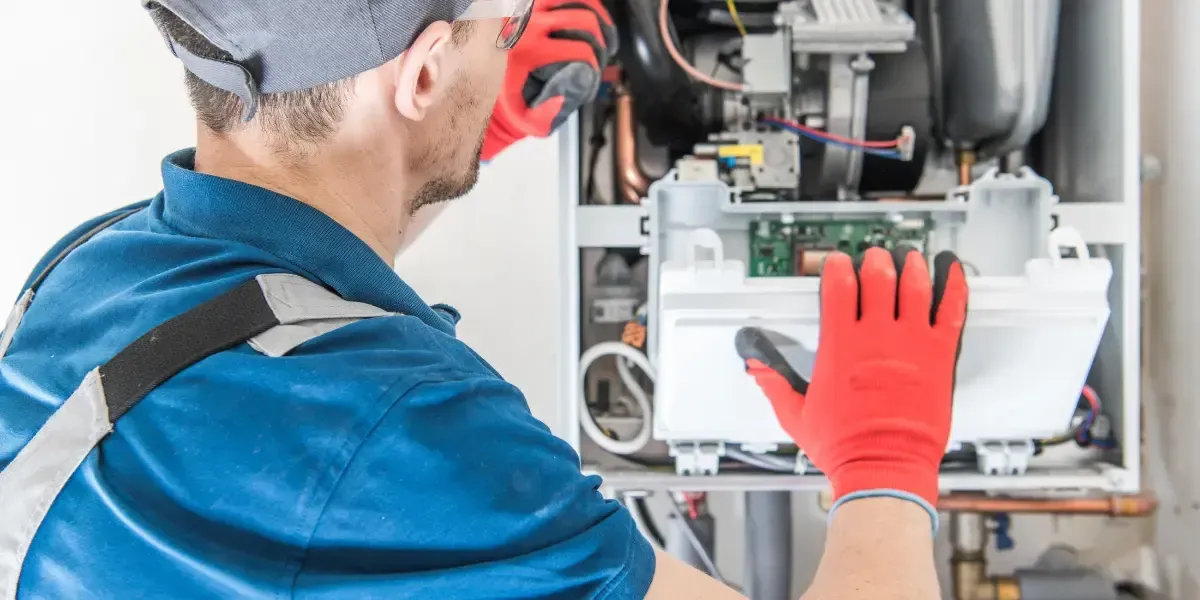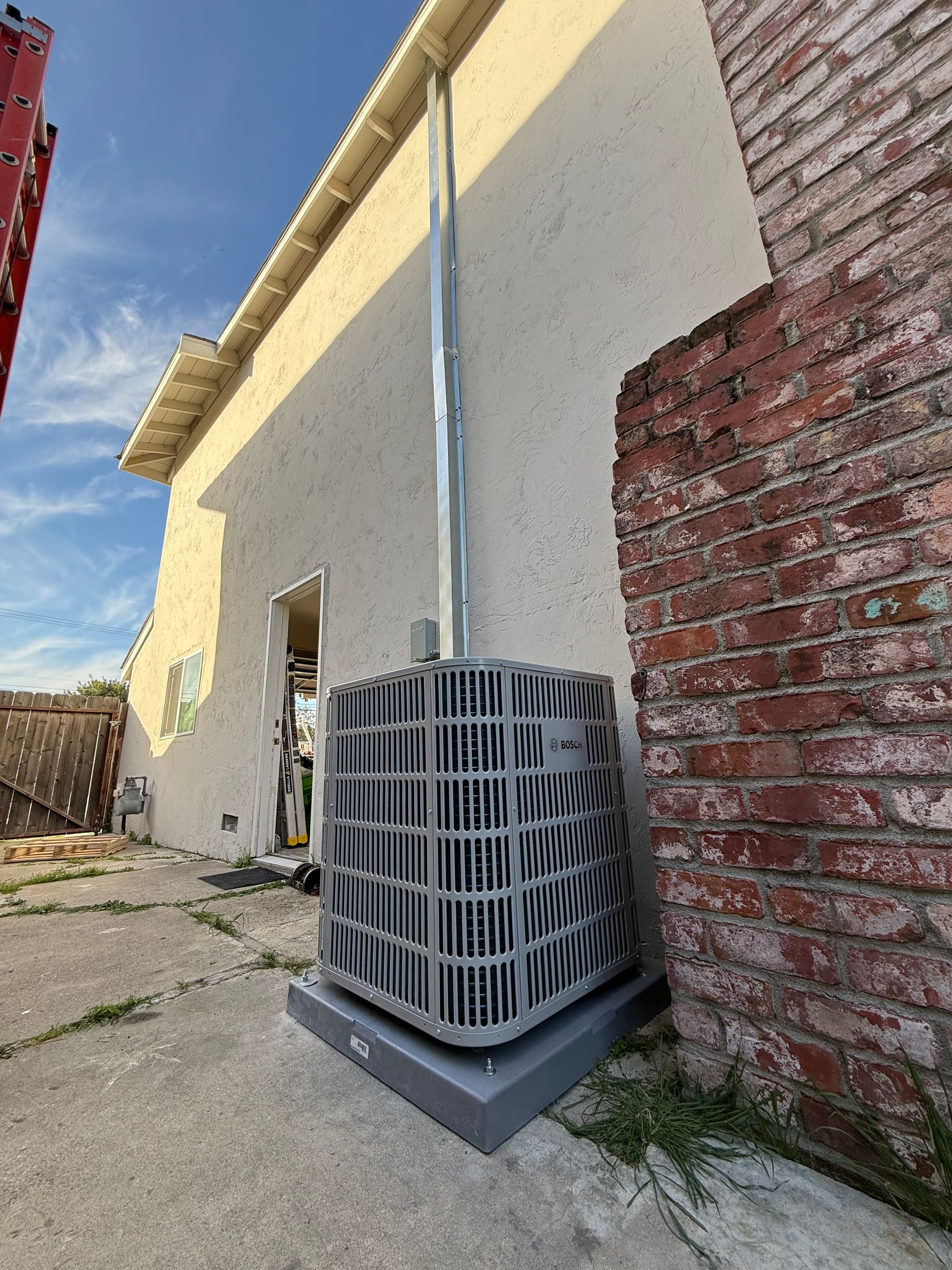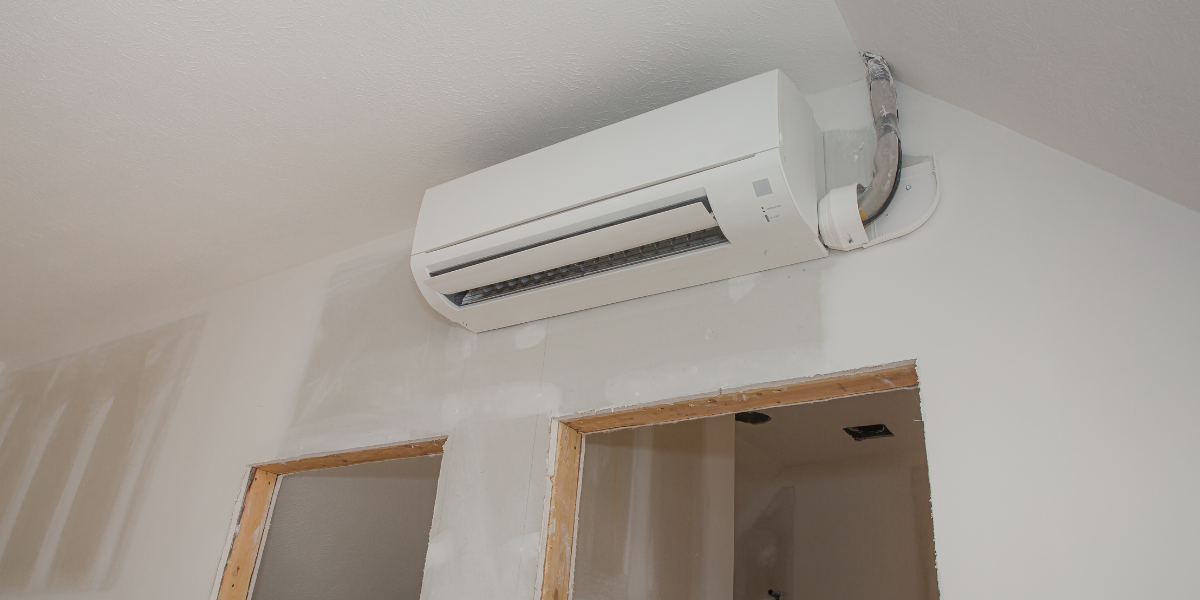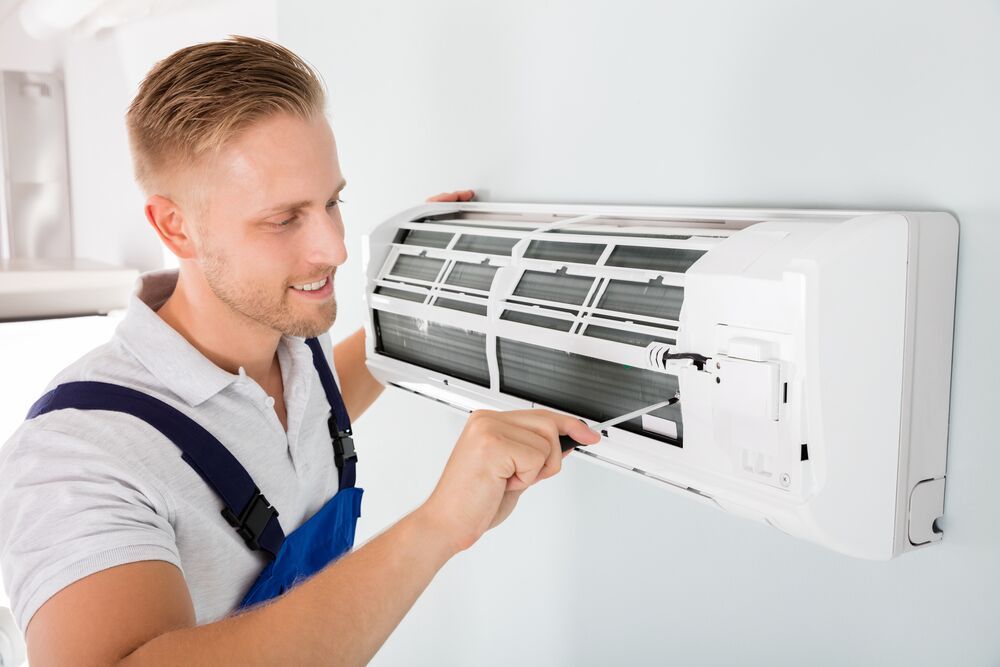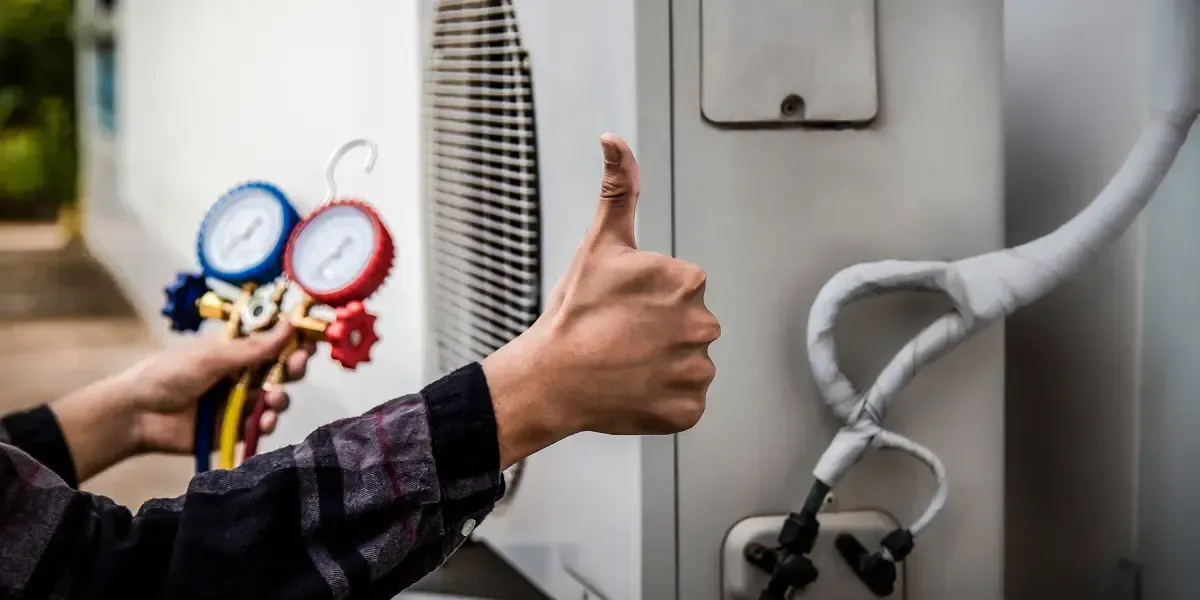BLOG
How to Clean a Central Heating System? Easy Steps
Keeping your central heating system clean isn’t just about staying warm—it’s about saving energy, extending the life of your furnace equipment, and keeping your home comfortable all year long. Whether you're a homeowner in New York or a facility manager responsible for building maintenance, learning how to clean a central heating system is essential for maintaining efficiency and avoiding costly repairs.
In this guide, we’ll walk you through easy, actionable steps for cleaning your heating system, explain when to DIY or hire a professional, and show how
EVS Mechanical Inc. can make your life easier with expert HVAC maintenance.
Key Takeaways
- A clean central heating system works more efficiently and helps reduce energy bills.
- Sludge, rust, and debris can clog your system and damage components over time.
- DIY cleaning is possible, but may not replace a professional power flush.
- Regular cleaning can extend the lifespan of your boiler and radiators.
- EVS Mechanical Inc. offers expert central heating cleaning services.
Why Cleaning Your Central Heating System Matters
Your central heating system, whether hydronic or forced air, can accumulate sludge, rust, limescale, and debris over time, affecting both its performance and your hot water systems. This gunk circulates through radiators, pipes, and the new boiler, leading to inefficiencies and uneven heating.
Here’s why regular cleaning matters:
- Improved Energy Efficiency: Clean systems circulate heat more evenly and require less energy.
- Better Performance: No more cold spots in rooms or noisy radiators.
- Extended System Lifespan: Reduced wear and tear on components like the boiler and pump.
- Lower Repair Costs: Prevents buildup that can cause blockages or breakdowns.
- Healthier Indoor Air: Cleaner radiators and filters mean less dust and allergens circulating.
Tools and Materials You'll Need
Before you begin, gather the necessary tools and safety gear:
- Adjustable wrench or spanner
- Radiator key
- Bucket and rags
- Garden hose
- Central heating cleaner or chemical inhibitor
- Power flush machine (for deep cleans)
- Safety gloves and goggles
Note: If you’re unsure about using chemical cleaners or handling pressurized systems, it’s best to contact a professional like EVS Mechanical Inc.
Step-by-Step Guide on How to Clean a Central Heating System
1. Turn Off and Drain the System
Start by turning off your boiler and letting the system cool down completely. Locate the main drain valve—usually at the lowest point of your system—and attach a garden hose.
- Open the valve and let the water drain out.
- Bleed radiators using a radiator key to remove trapped air.
- Once fully drained, close all valves before proceeding.
2. Flush Radiators and Pipes
With the system empty, detach individual radiators (if possible) and flush them outdoors with a hose. If you’re not removing them:
- Use a power flush machine to circulate water at high pressure.
- This will dislodge internal sludge and scale buildup from radiators and pipes.
A power flush is the most effective method and may require a professional setup.
3. Use a Central Heating Cleaner or Inhibitor
Chemical cleaners are specially designed to break down rust and debris inside your system. Add the cleaner through a radiator or filling loop and follow the manufacturer’s instructions.
- Circulate the cleaner through the system for a few hours.
- Then, flush out the system completely to remove any residue.
Once clean, add a chemical inhibitor to prevent future buildup and corrosion.
4. Refill and Bleed the System
After cleaning:
- Close all drain valves.
- Refill the system slowly using the filling loop.
- Bleed air from radiators again to ensure proper circulation.
- Check system pressure—most boilers require 1.0 to 1.5 bar.
5. Test the Heating
Turn the boiler back on and run the heating system. Check each radiator to ensure even heating, and listen for any unusual noises that could indicate air pockets or flow issues.
If everything feels warm and quiet, congrats, you’ve just cleaned your central heating system!
Professional Cleaning vs. DIY: What’s Better?
While it’s possible to do basic cleaning yourself, certain tasks—like power flushing or balancing the system—are better left to trained professionals.
DIY Cleaning Is Suitable When:
- You’re comfortable with basic plumbing tasks.
- Your system only needs mild flushing or inhibitor replacement.
- There’s no significant sludge or blockage.
Professional Cleaning Is Recommended When:
- You experience frequent cold spots or noisy pipes.
- Your boiler pressure drops often, or the system needs frequent refills.
- It’s been more than 5 years since your last deep clean.
- You want peace of mind and warranty-backed service.
For deep, long-lasting cleaning that ensures efficiency, trust a licensed HVAC expert like
EVS Mechanical Inc.
How EVS Mechanical Inc. Can Help You
At EVS Mechanical Inc., we’ve built our reputation on reliable, high-quality heating system services across the New York area. Whether you need a simple heating system checkup or a full-scale power flush, our certified HVAC technicians are ready to get your system running like new.
Why You Should Choose EVS Mechanical Inc.
- Local Experts You Can Trust: We understand local building codes and climate challenges., operating as a subsidiary of the leading multinational General Electric.
- Certified HVAC Technicians: Our team is fully trained, licensed, and insured.
- Modern Equipment: We use advanced diagnostic and cleaning tools to ensure top-tier results.
- Transparent Pricing: No hidden fees—just honest service at competitive rates.
- Customer Satisfaction Guaranteed: We stand by our work with a service guarantee that puts your comfort first.
Don’t risk your comfort and heating efficiency with quick fixes—let the pros handle it right.
Conclusion
Knowing how to clean a central heating system gives you more control over your comfort and heating costs. While simple draining and vent bleeding can be done as a DIY project, deep cleaning—especially power flushing—requires experience and the right tools. After this, remember to check your water supply before proceeding with maintenance.
If you're ready to restore warmth, reduce your energy bills, and keep your system running smoothly, the experts at
EVS Mechanical Inc. are just a phone call away.
FREquently Asked Questions
How often should I clean my central heating system?
You should clean your heating system every 5–7 years or sooner if you notice performance issues.
What are the signs that my heating system needs cleaning?
Cold spots on radiators, noisy pipes, dirty water during bleeding, and reduced heat output are all signs your system may need cleaning.
Is power flushing safe for old systems?
Yes, but it should be performed by professionals to ensure components aren’t damaged during the process.
Can I use vinegar or household cleaners to clean my system?
Absolutely. Heat pumps offer both heating and cooling functions, acting as a two-in-one system for year-round indoor comfort.
How long does a professional cleaning take?
Yes. EVS Mechanical Inc. offers 24/7 emergency HVAC services to get your heat pump back up and running when you need it most.

